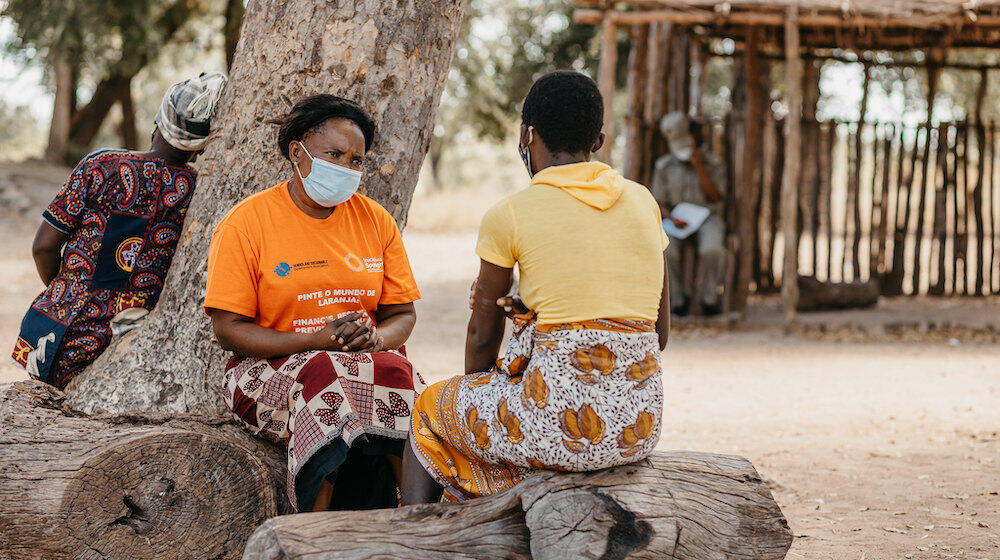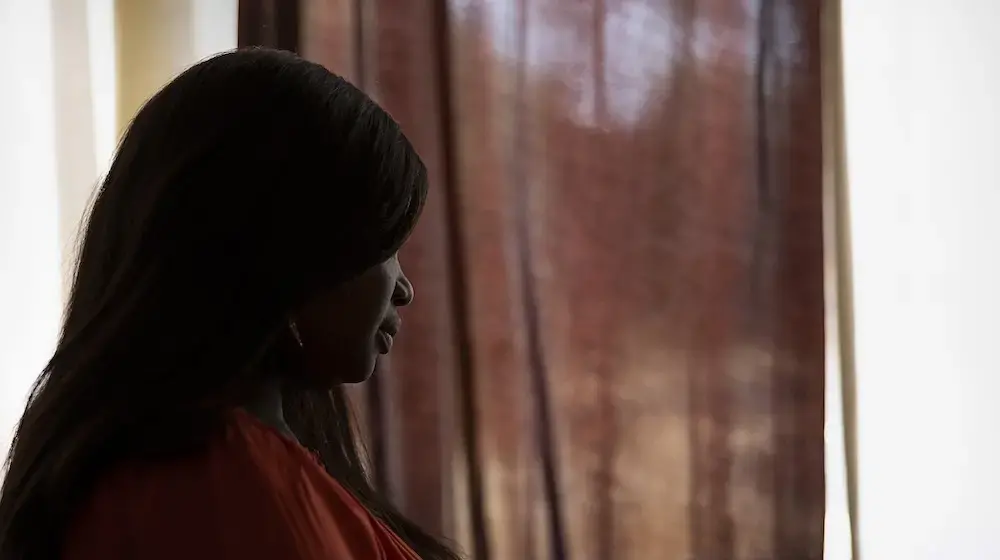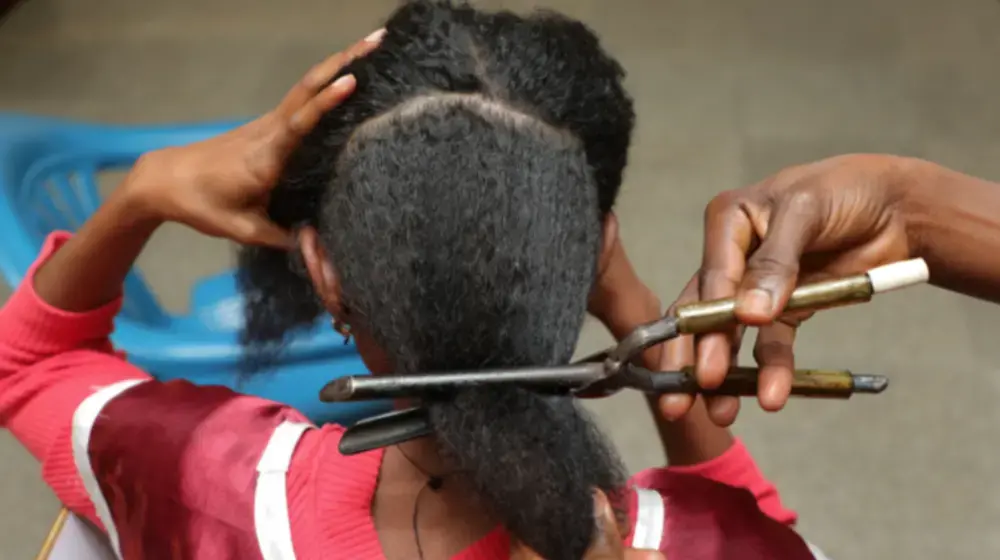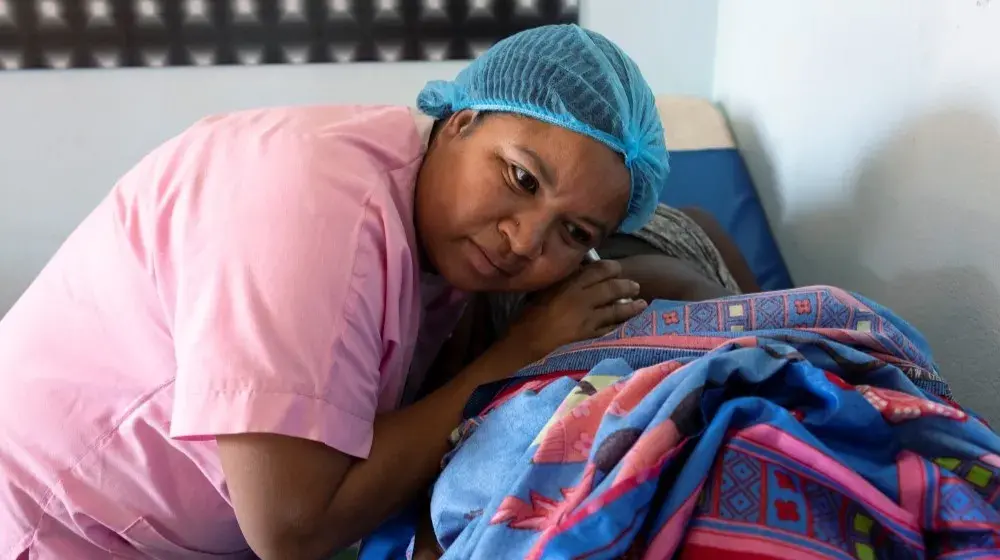Blog by Dr. Julitta Onabanjo, outgoing Regional Director for East and Southern Africa
In South Africa, a proverb that reverberates among the wise goes, “You cannot beat a drum with one finger.” The strength and dexterity of each finger creates motion and rhythm that escalates into a well-balanced harmony. This brings to mind our work in securing the sexual and reproductive health and rights of women and girls.
There should be continuous rhythmic actions until we reach a crescendo – a world where everyone has access to quality sexual and reproductive health. The bold vision of the International Conference on Population and Development Programme of Action calls for a concerted movement for rights and choices. Committed partnerships, strong cooperation and earnest collaboration can bring us to these heights.
During the eight years I have spent as the Regional Director of UNFPA East and Southern Africa, I interacted with many institutions, organizations and individuals working tirelessly towards the ultimate goal of universal access to sexual and reproductive health and rights (SRHR). With our coordinated and harmonized efforts, we have achieved notable gains. Nearly 50 per cent fewer mothers die during childbirth; four in ten women have their contraception needs met; female genital mutilation prevalence rates have dropped by a quarter; and AIDS-related deaths have declined by 50 per cent, for instance.
These successes can be attributed to governments, parliamentarians, civil society organizations, UN agencies, development partners, donors, academic institutions, the private sector, faith-based and traditional organizations, women and youth groups, and communities leveraging each other's strengths in a concerted manner. All these efforts are anchored in ensuring that women and young people are at the forefront of issues that matter to them.
The dedication that our partners have demonstrated to ensure that the ICPD commitments are realized have, however, been met with critical challenges. Funding cuts have impacted country-level programming and had damaging consequences for women and girls; humanitarian emergencies, political pushback and more recently the COVID-19 pandemic, have stretched systems and eroded many gains made over the last decade.
In the face of old and new challenges, partners have chosen agility over despondency, and solidarity and cohesion over fragmentation. To navigate these often unforeseen circumstances, UNFPA and partners have created new, alternative and innovative avenues to support the most vulnerable and those most prone to being left behind. The generosity and support of our donors have further enabled us to convert the much-needed investment into saving lives and restoring dignity and hope for women, girls and young people.
We have also remained results oriented and efficiency focused, grounded by our transformative goals of ending preventable maternal death, ending unmet need for family planning, and ending gender-based violence and harmful practices. When reached, these will not only change the trajectory of the lives of women and girls for the better, they will also contribute to the attainment of a peaceful and prosperous region. The work ahead is clear, and we must not lose momentum.
Maternal deaths in the ESA region need to decline by 12 per cent every year, three times more than the current pace, to achieve the SDG target of 70 deaths per 100,000 live births by 2030. Family planning efforts must focus on adolescent girls and young women, who have the highest unmet need for contraception at 28 per cent; this region has some of the highest levels of adolescent fertility and teenage pregnancies globally. Young women and girls – and men and boys – must also be our priority for the prevention of gender-based violence and harmful practices. And partnerships with faith-based, traditional and cultural institutions must be fostered to address positive social norm transformation.
In this Decade of Action, the convergence and commitment of our partners are evident. Governments in the region are incorporating their ICPD25 commitments into national development plans even as civil society actors, including young people, are continuing to advocate for policy change and to set the bar for accountability. Moreover, the private sector is joining in active public-private partnerships to accelerate scale and innovation in implementation, while academic and research institutions bolster the evidence base.
Regardless of the context – whether COVID-19, a climate-related disaster or any other crisis – our sights must remain fixed on the unfinished business of protecting women and girls by upholding sexual and reproductive health and reproductive rights for all. If, as partners, we forge ahead, hand in hand, all fingers on the drum, our efforts will create a unified beat that reverberates across the East and Southern Africa region. Because everyone counts, we must continue our march to the drumbeat of universal rights and choices for all.





